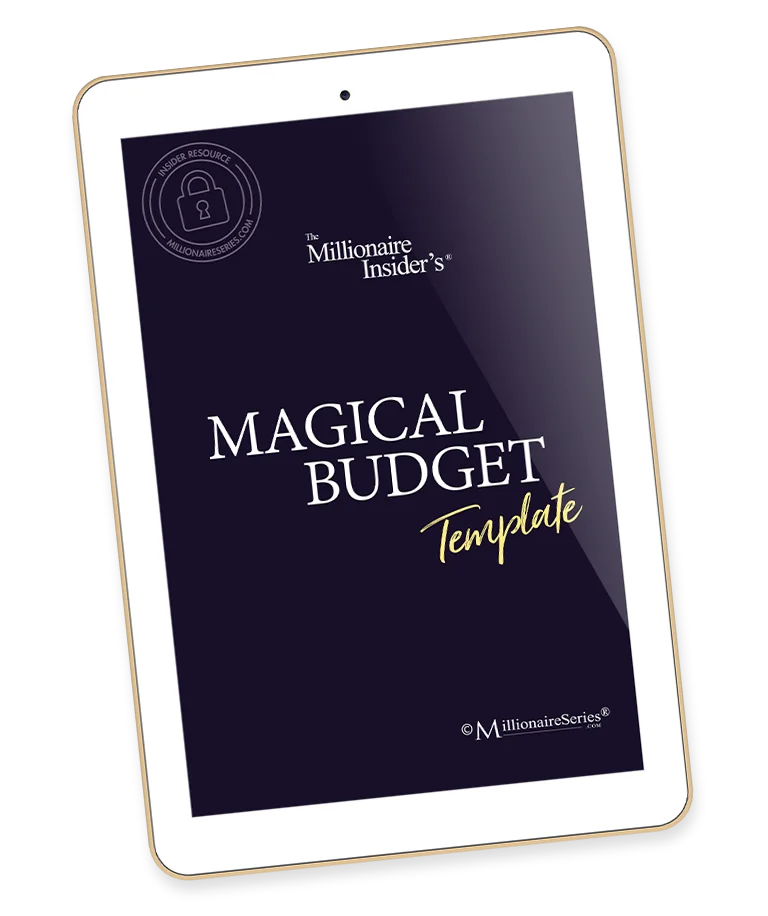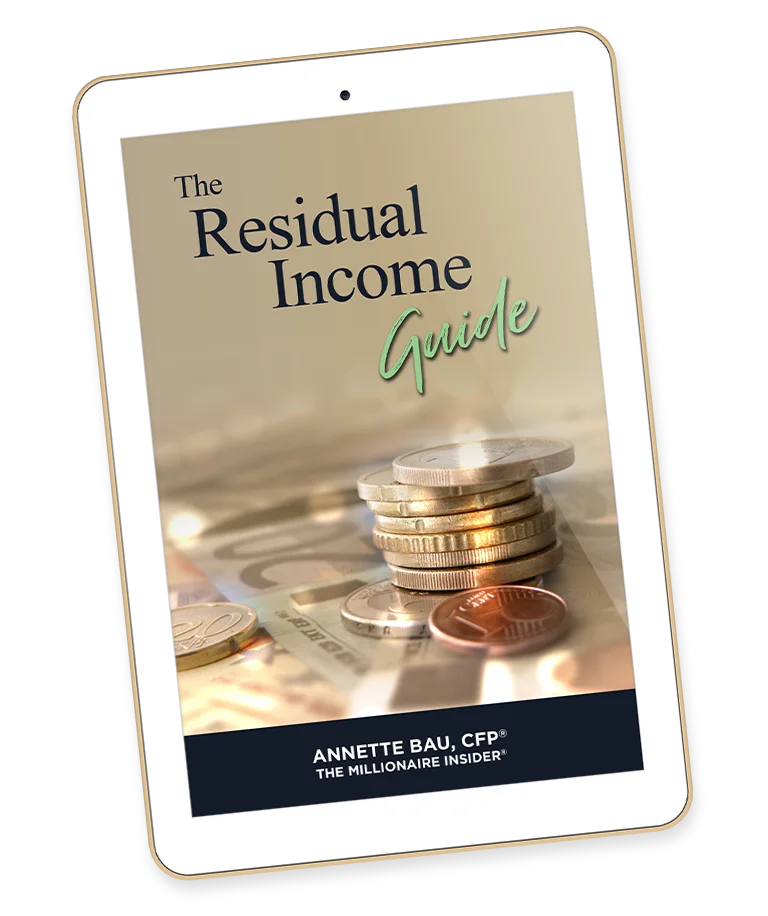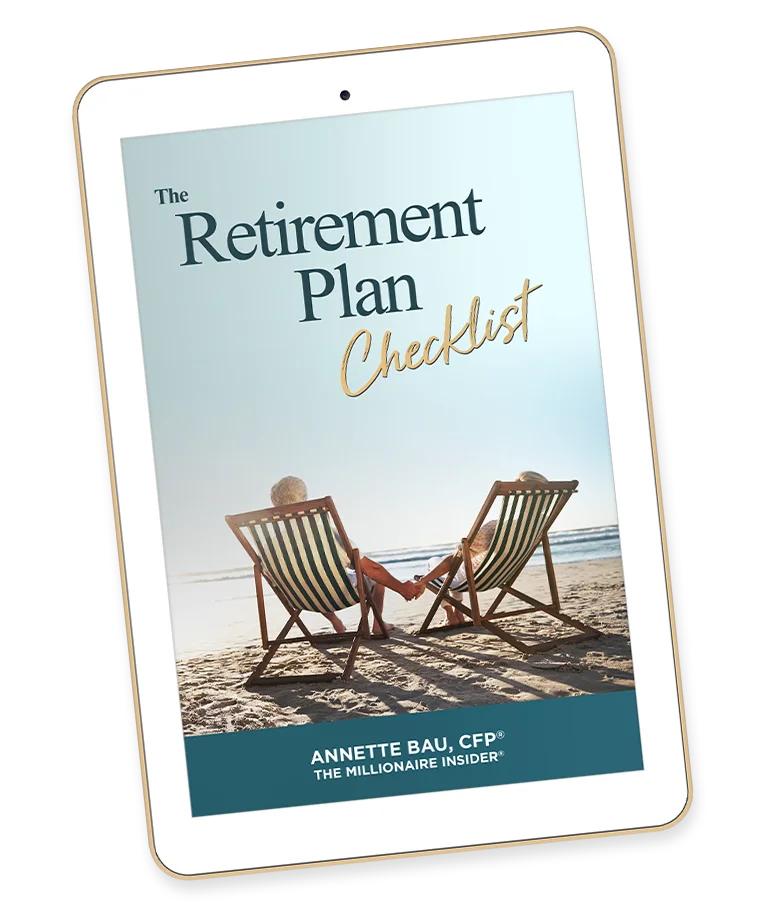Nothing is worse than realizing you haven’t saved enough money for retirement. If you’re not convinced, I have a fun exercise to prove my point.
Some studies show that Social Security accounts for 40% of people’s sole retirement income. My peers and I believe it’s actually higher.
But whether it is or not, this equates to about $1600 to $1800 a month that you’ll get from Social Security.
So, imagine what it would be like to live on that. For many of us, it’s hard to fathom.
But let’s assume that’s the number for this exercise. Now, find an apartment.
What can you afford? Maybe $900 a month? That would leave you $900 for utilities and food.
I’m not sure if that’s enough for essential expenses. Maybe the apartment will cost $700 or $600 if you could even find one at that price.
It’s probably going to be in a poor area, and it’s unlikely you’ll be able to afford a car.
So, you can’t go out safely at night and cannot afford to eat healthy foods.
Then, go to the local Walmart and purchase some ramen noodles, tuna fish, or anything cheap.
Try it out for three months and see what it’s like.
I guarantee you, you’re going to pause and even say, “Wait a minute.”
There is nothing fun about ending up broke.
Summary: Wealth Inside and Out® Podcast – “6 Retirement Planning Mistakes You Need to Avoid”
You will learn:
- The biggest retirement planning mistakes that people make
- How to avoid Social Security mistakes
- When to start taking your benefit and more
Disclosure
All materials and intellectual property are copyrighted by MillionaireSeries.com®.
This information is for educational purposes only. It is not intended to replace any advisor or specialist or provide investment, financial, tax, retirement, planning, or healthcare advice.
By accessing this content, you agree to hold MillionaireSeries.com® and its affiliates harmless for results achieved or not achieved.
6 Retirement Planning Mistakes to Avoid

Retirement is an important milestone, and careful planning is required to secure one’s financial future. Unfortunately, many individuals make common mistakes that can jeopardize their future.
Today, I share six common retirement planning mistakes and insights into how to avoid them.
1. Running Out of Money
The first, probably the most important, is running out of money. Too many people do not have a contingency plan if they live longer than expected.
We will dive into longevity and other options.
Guaranteed Income Sources
I love guaranteed income. Generally, guaranteed income comes from an annuity that an insurance company issues.
An annuity protects you against the risk of outliving your savings because you’ll get money every month. It’s similar to a pension or Social Security,  an insurance company backs and guarantees the payments.
an insurance company backs and guarantees the payments.
Some are guaranteed for a period of time, i.e., a minimum of 20 years.
For example, let’s say you’re 65, have a monthly income from an annuity, and die within ten years. Your heirs will get the other ten years of income upon your death.
Delay Social Security Benefits
Another option is to delay Social Security benefits. I recommend delaying the benefit if you can afford it and it makes sense. You need to look at the numbers and your health. Those are two of the factors we discuss in the podcast.
But delaying Social Security is a good idea, assuming your health is good and you can afford it. Delaying Social Security benefits until the maximum age is ideal. You can start at age 62, but if you wait until age 70 which is your full retirement age, you will receive your maximum monthly income. The maximum age to start your Social Security benefit will continue to increase.
Make Lifestyle Adjustments
Be willing to make lifestyle adjustments. For instance, you may have to downsize your home or move to a cheaper community.
Review what you can cut from nonessential expenses and explore more budget-friendly living arrangements.
2. Delaying Retirement Planning
It’s easy to postpone thinking about retirement.
But the earlier you start saving, the more likely your retirement is going to have a secure financial future.
Loss of Compound Interest
One of the problems when you don’t save is that you lose the opportunity for compound interest.
This happens when you earn interest on the principal and the interest. The combination of compound interest is huge, and over the years, it can be significant.
Compound interest is an amazing vehicle that you get by saving early and continuing to save over the years.
Set Clear Goals
You want to have long-term retirement goals and a vision. This can be a motivating factor in starting to create a plan.
Automate Your Savings
You want to automate your savings. Set up automatic contributions to retirement accounts like 401Ks, IRAs, or Roth IRAs.
This ensures that a portion of your income goes directly into your retirement savings before you have an opportunity to spend it.
Hire a Financial Advisor
Seek professional help from a registered financial advisor.
3. Not Making a Spending Plan
Another major mistake is failing to budget or track your expenses.
Determining how much you need to save for retirement is almost impossible without clearly understanding your finances. When you don’t have a spending plan, what ends up happening is you fail to track your expenses.
You often don’t know what you’re spending or how much you have to save and don’t know what you need to get where you want to be.
To determine how much you need to save, you’ve got to know your expenses so you know how much money you will need in retirement. Then, you can determine how much money you need to accumulate to get to that number.
Create a Spending Plan

So, how do you create a spending or budget plan?
The first thing you want to do is establish a monthly budget that outlines your income and expenses.
This includes spending money on dining out, entertainment, and travel.
Use a Budgeting App
You can also use budgeting tools.
There are many budgeting apps and tools available that can help you track both expenses and your spending.
4. Not Planning for Higher Health Care Costs
One thing we know for sure is that healthcare expenses are going to increase. And this is a critical retirement planning mistake that many people make.
It is tragic to see these people who share that they have to choose between feeding the ones they love or covering health care expenses.
5. Relying Too Heavily on Social Security
Social Security may be a valuable source of retirement income. That said, it should never be your sole or primary source of income in retirement. Too many people rely on it, leaving them very financially vulnerable.
Inadequate Income
On the other hand, it’s ideal when you have other sources of revenue. As I mentioned, studies show that Social Security is the sole retirement income for 40% of Americans.
It’s amazing how many people I hear of that rely solely on Social Security. A lot of them are financial advisors; it is just horrifying.
Understand Your Risk Tolerance

- And you’ve got to understand your risk tolerance. One of the fascinating things is that the best way to find a person’s risk tolerance is when the market drops.
- Everyone is a growth or aggressive growth investor when the market is bullish. When the market’s going up, everything is fine. Then, when it drops, many people panic.
- You should regularly review and adjust your portfolio to ensure it aligns with your goals.
Avoiding these common mistakes is a huge first step. Creating a plan focused on achieving a secure and comfortable retirement is critical.
Finally, always consult with a registered investment advisor, somebody who is qualified in the areas of investment planning.
It’s going to pay you back huge dividends if you create and implement a plan. You just need to remember that retirement planning is an ongoing process.
I share that I started investing $25 a month 35 years ago. I just started investing in a mutual fund.
At the time, I had no extra money. I was a single mother, and I had to watch every penny I had. And that discipline of doing it when I couldn’t afford it got me to where I am today. Just by simply starting and being consistent at saving money, it changes everything.
I encourage you just to take that first step. You’re going to be so glad you did.
Click here to get your free financial checkup:
Congratulations on taking another step to create a financially free life you love.
If you are ready to know your financial house is in order, please go to https://themillionaireinsider.com/nsf.
Follow and Subscribe
If you love the content, please open the Apple Podcast on your iPhone. Scroll down to the bottom, click five-star review, and leave a review. We really appreciate it.
Click here to follow and leave a review.
Thank you so much for joining me for
“6 Retirement Planning Mistakes You Need To Avoid.”
All international copyrights are reserved.



